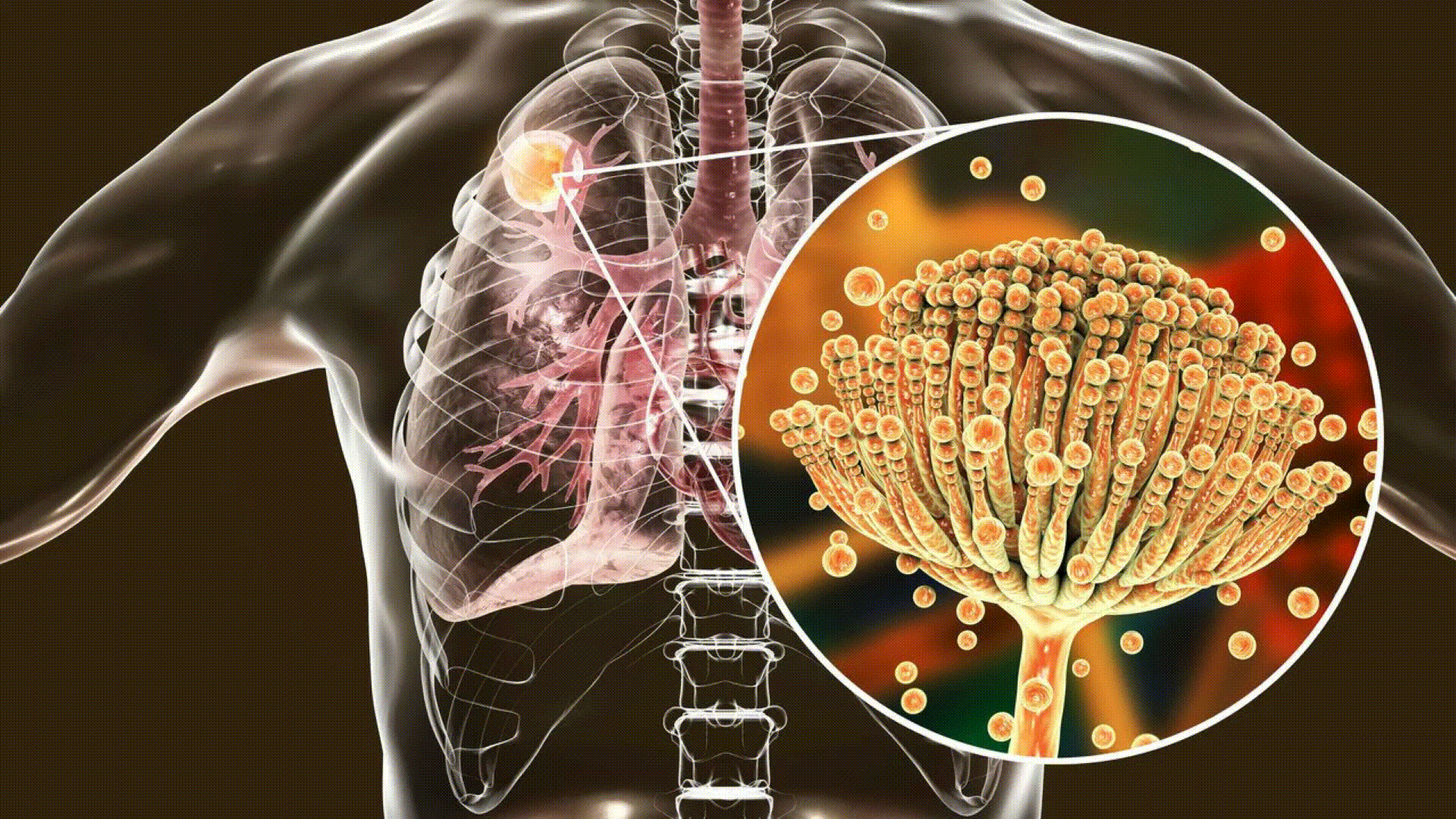
ASPERGILLOSIS TRUST
Registered Charity Commission Number 1194699
We are here to help & raise awareness of Aspergillosis
OUR VISION is for aspergillosis to be so widely recognised by health professionals that it is diagnosed by doctors more swiftly throughout the UK and beyond, ensuring everyone gets the right treatment quickly, improving all patient outcomes.
Aspergillosis is a rare, debilitating and sometimes deadly infection. It can attack people of any age.
This website was created by patients who suffer from Aspergillosis. Please navigate around the website to read more about this disease, also the impact it has upon patients and their carers.
💜 World Aspergillosis Day – Tuesday 3rd February 2026
World Aspergillosis Day is a global opportunity to come together, raise awareness, and shine a light on the thousands of people living with aspergillosis and other fungal lung diseases.
This year, the Aspergillosis Trust is proud to be taking part in a special World Aspergillosis Day webinar hosted by the National Aspergillosis Centre, bringing patients, families, clinicians, and advocates together to share knowledge, lived experience, and hope for better diagnosis, treatment, and support.
🎥 Join the webinar
Be part of the conversation and learn from experts and the patient community.
👉 Register here:
https://www.eventbrite.co.uk/e/world-aspergillosis-day-tickets-1980707139373
How you can get involved
There are simple ways you can help us spread awareness and show solidarity:
💜 Wear purple on Tuesday 3rd February
📸 Take a photo
📱 Share on social media using #WAD2026
👥 Tag the Aspergillosis Trust so we can share your support
Why it matters
Awareness leads to earlier diagnosis, better care, and stronger support for our community. By standing together, we can make sure no one faces aspergillosis alone.
Join us. Wear purple. Raise awareness. Make a difference.
Exciting News
We are thrilled to announce our brand new children’s book, “Dad and the Sneaky Spores,” is now available to purchase from our shop and on Amazon.
Told by Christina Gabbitas this gentle story was written to help children understand aspergillosis in a gentle and reassuring way. This heartwarming tale follows one family’s journey when Dad gets sick, showing how love, understanding, and a little bit of science can make a big difference.
Beautifully illustrated by Ursula Hurst and full of hope, the book is perfect for children, families, schools, and healthcare settings - or simply as a gift with meaning.
Every copy sold helps fund the Aspergillosis Trust’s work - supporting patients and raising awareness
Thank you for supporting our mission to help families feel seen, supported, and connected.

Get involved
Take part in an event >
Make a regular donation >
Leave a gift in your will >
Help to raise awareness >
Raising Awareness
Some forms of chronic aspergillosis are incurable and can be debilitating, but manageable with the right treatment. So it is vitally important to be referred to a local specialist respiratory service with minimal delay.
Useful Links
We know how hard it can be to find the information you need about Aspergillosis therefore we have curated a list of links that we have found helpful and want to share them with you.

We all need a bit of support from time to time. We are here to help.
What is Aspergillosis?
The term Aspergillosis covers a range of conditions. These are lifelong, fungal lung infections which are due to the fungus Aspergillus. These cause allergic reactions, making it difficult to breathe. They may cause lung damage (erosion of lung tissue/cavities) instead or as well. This causes loss of lung function and difficulty breathing. Aspergillosis often affects people with asthma, especially those with severe asthma. It seems to make asthma worse.
-
The common forms are allergic bronchopulmonary aspergillosis (ABPA) and chronic pulmonary aspergillosis (CPA). ABPA is predominantly a severe allergic disease, caused by the permanent growth of Aspergillus in the patient’s airway. It often makes pre-existing asthma worse. CPA causes severe breathing difficulties (from cavities) and fatigue. In some cases it causes large, frightening lung bleeds and permanent lung damage.
-
Co-existing infections (or super infections) are an additional problem in Aspergillosis. This is especially where there is lung damage, such as bronchiectasis (permanently widened airways) or cavities caused by Aspergillus infection. Common additional microbes are Pseudomonas and Non-Tuberculous Mycobacteria.
-
Aspergillosis can affect people with a weakened immune system, and in this form can rapidly kill. This might be due to cancer chemotherapy. It may also arise from immunosuppressive therapy used to stop organ rejection, in people who have received a transplant.
Other groups of people affected include those with a genetic (inherited) Primary Immunodeficiency Syndrome, or viral/acquired immunodeficiency syndrome such as HIV/AIDs. One of the difficulties with awareness is that illness caused by Aspergillus in people with these other illnesses often goes unrecorded.
Aspergillosis is a rare, debilitating and sometimes deadly infection. It can attack people of any age. Aspergillosis Trust also aims to raise funding for desperately needed research.
About Us
Registered Charity Number 1194699
We are a Registered Charity run by patients with the most common types of Aspergillosis. We have the support and guidance from both:-
Professor Darius Armstrong-James, PhD FRCP FRCPath FECMM Clinical Professor in Infectious Diseases and Medical Mycology, Director Imperial Network of Excellence in Fungal Science, Director Cystic Fibrosis Trust Strategic Research Centre in Fungal Immunotherapy, Group Leader MRC Centre for Molecular Bacteriology and Infection.
Dr Anand Shah, MBBS, MRCP, PhD, consultant respiratory physician, Royal Brompton and Harefield Hospitals, Guy’s and St Thomas’ Foundation Trust. Honorary Senior Lecturer, MRC Centre of Global Infectious Disease Analysis, Department of Infectious Disease Epidemiology, School of Public Health, Imperial College London.
We consult and refer to both doctors on all things medical.
Aim of Aspergillosis Trust
The vision of Aspergillosis Trust (hereafter “The Trust”) is to achieve the best possible outcomes for all aspergillosis patients, until such time as a cure can be found. The Trust’s Business Plan 2021-24 includes an aspiration to support research into the disease and mycology generally that can help improve health outcomes for patients. We will work towards this by:
Raising awareness of aspergillosis amongst the general public.
Finding ways to ensure patients get the best possible information to help them manage the illness.
Increase the understanding of the condition amongst medical professionals and the public at large, particularly with a view to improving diagnosis.
Once aspergillosis is better known, it should be recognised and diagnosed by doctors more swiftly throughout the UK, EU and Worldwide. This will enable more people to get the right treatment promptly and improve outcomes.







